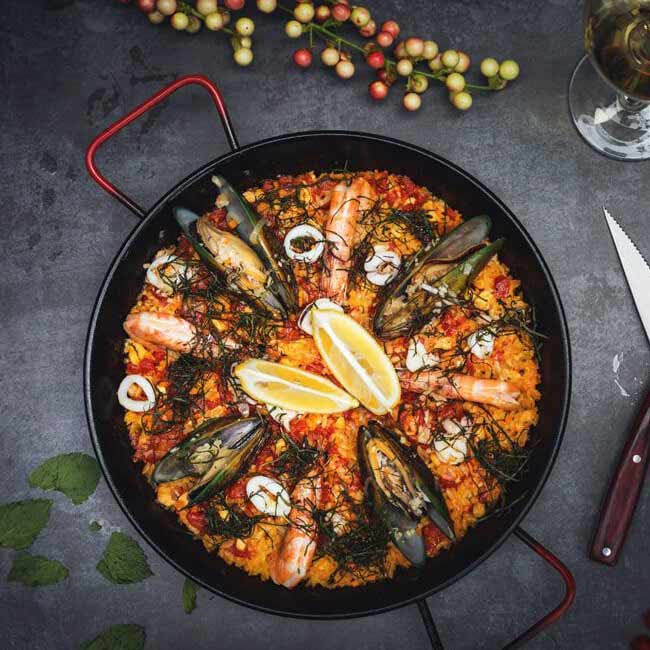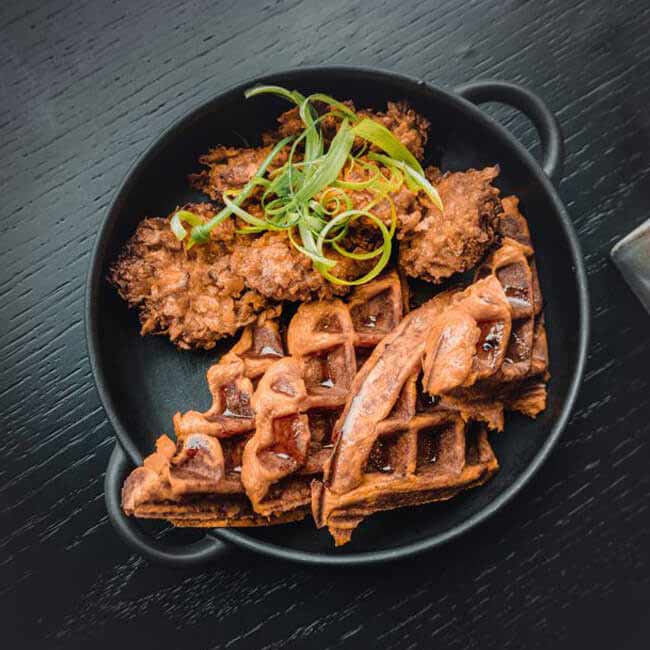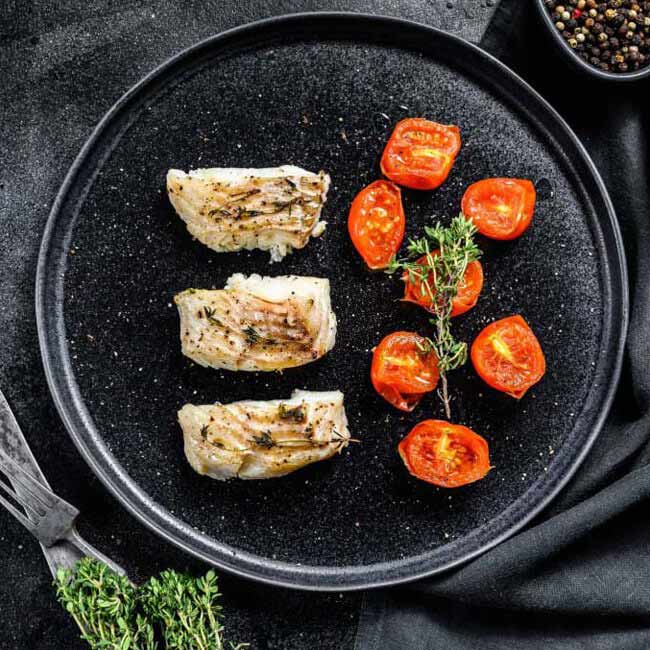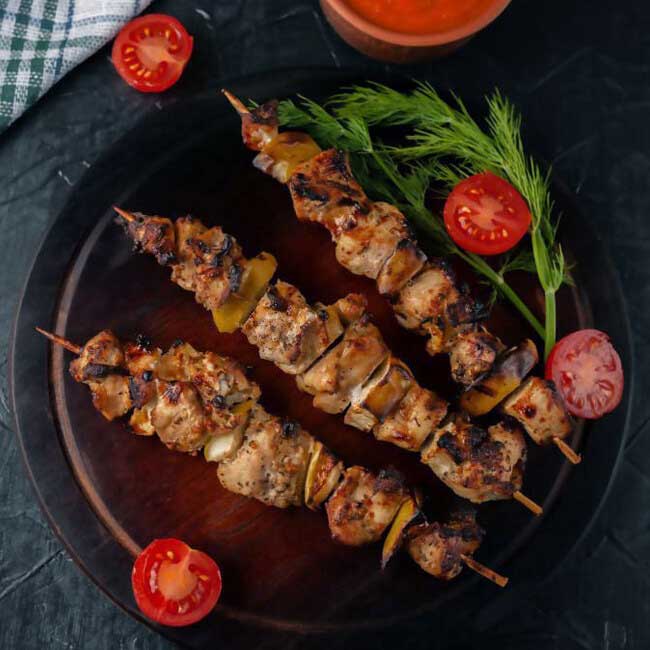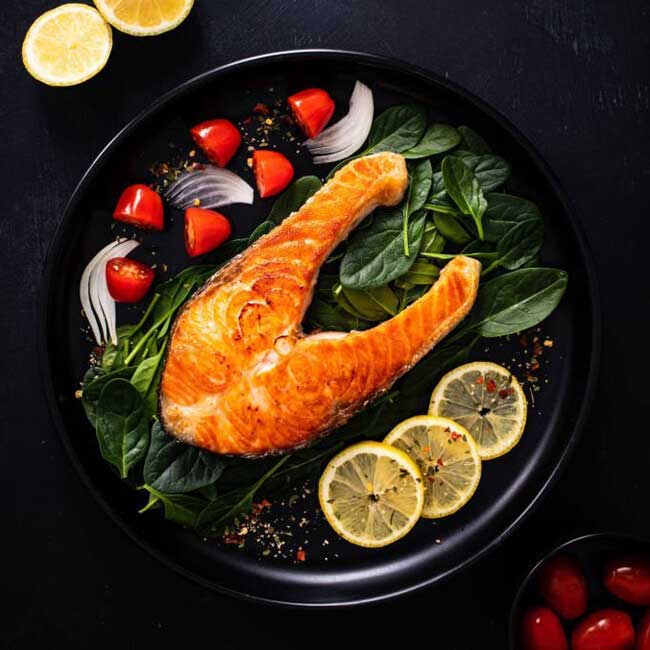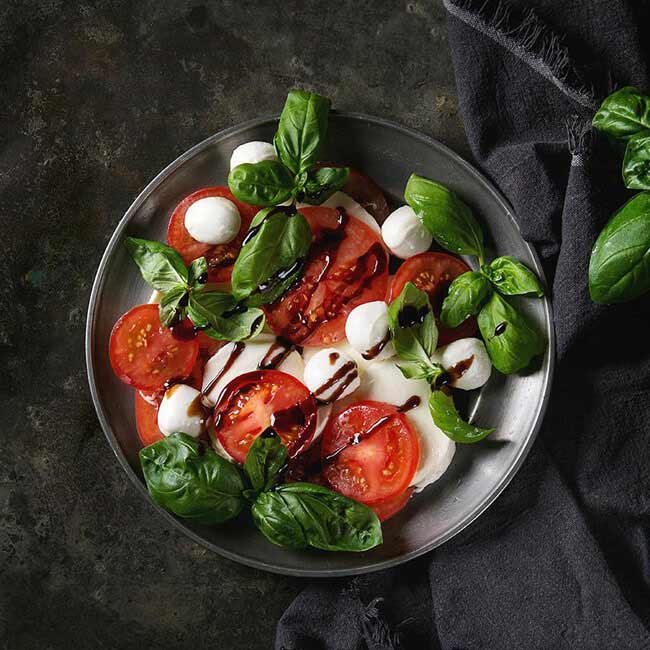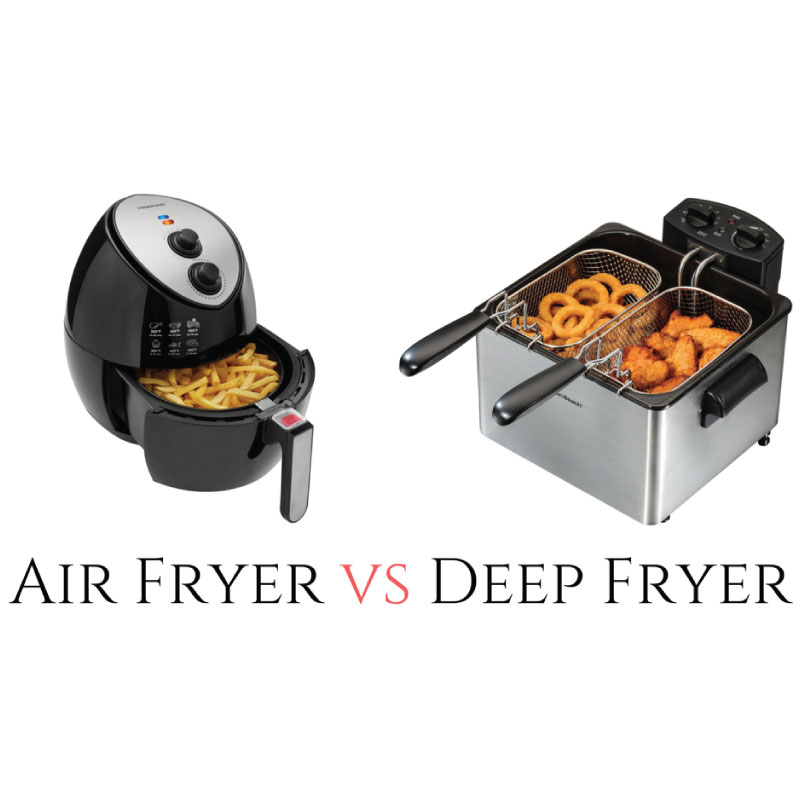Exploring the Culinary Revolution: Air Fryers vs. Traditional Oil Frying
As a passionate chef, I’m always on the lookout for innovative kitchen gadgets that can elevate my culinary adventures. One such game-changer that has taken the cooking world by storm in recent years is the air fryer. If you’re wondering whether to jump on the air fryer bandwagon or stick with traditional oil frying, this blog post will delve into the key differences and help you make an informed decision.
The Evolution of Cooking Methods: Air Frying vs. Traditional Oil Frying
Let’s start with the basics. Traditional oil frying has been a staple in kitchens for centuries. It involves submerging food in hot oil to achieve that crispy, golden exterior. While this method undeniably produces delicious results, it’s no secret that it comes with a few drawbacks.
1. Health Benefits
One of the primary reasons people are turning to air fryers is for their health benefits. Air frying uses a fraction of the oil required for traditional frying, making it a healthier alternative. With an air fryer, you can enjoy the same crispy texture without the excess calories and unhealthy fats. It’s a game-changer for those looking to reduce their oil intake and maintain a balanced diet.
2. Cooking Time
Air fryers are known for their speed. They use a powerful convection fan to circulate hot air around the food, ensuring even cooking and reducing cooking time. In comparison, traditional frying often requires longer cooking times as you wait for the oil to heat up and the food to cook thoroughly.
3. Cleanliness and Odor
Traditional frying leaves behind a greasy mess and a lingering odor that can be hard to get rid of. Air fryers, on the other hand, are a breeze to clean, with removable, dishwasher-safe components. They also produce minimal odors, making your kitchen a more pleasant place to cook.
4. Versatility
Air fryers are incredibly versatile. They can do more than just fry food; you can use them to roast, grill, bake, and even reheat leftovers. Traditional frying, while excellent for certain dishes, lacks this versatility.
5. Safety
Safety is always a concern when dealing with hot oil. Traditional frying can lead to splatters and potential oil burns. Air fryers eliminate this risk, as they operate with little to no oil and have safety features that minimize accidents.
6. Taste and Texture
While air frying can produce crispy results, some argue that it may not match the exact taste and texture of deep-fried food. Traditional frying tends to create a unique flavor and crunch that is hard to replicate.
7. Cost
Air fryers have an initial upfront cost, but they can save you money in the long run by reducing the amount of oil you use. Traditional frying can be more expensive, considering the ongoing expense of purchasing cooking oil.
Conclusion
In the great debate of air fryers versus traditional oil frying, there’s no one-size-fits-all answer. It ultimately depends on your personal preferences and culinary goals. If you’re looking for a healthier, faster, and more versatile way to cook with less mess and cleanup, an air fryer is a fantastic addition to your kitchen. However, if you’re a die-hard fan of the authentic taste and texture of deep-fried food and don’t mind the extra calories and cleanup, traditional frying still has its place.
In my kitchen, I’ve embraced the air fryer for its convenience and health benefits, but I still reserve traditional frying for those special occasions when nothing else will do. The choice is yours, and with the right tool for the job, you can enjoy the best of both worlds in your culinary adventures. So, whether you decide to go the air fryer route or stick to tradition, here’s to delicious meals and unforgettable flavors that bring joy to your dining table!


